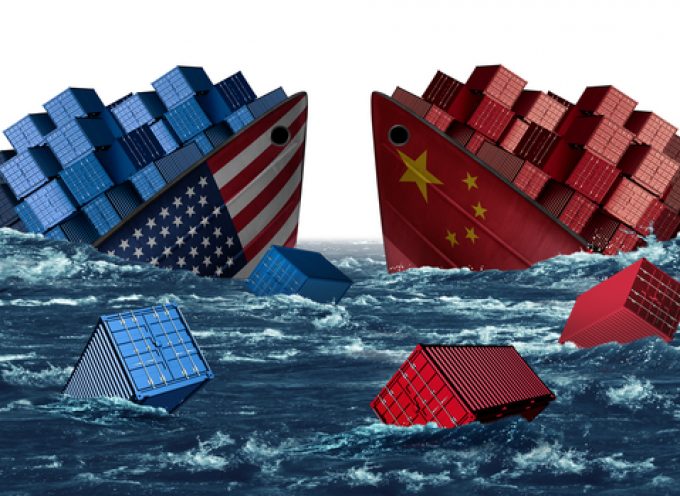China orders airlines to halt Boeing deliveries
China has reportedly told its airlines to stop taking delivery of Boeing aircraft as the ...

Protectionist trade policies are continuing to spook the global maritime sector, although a newly released report suggests the industry has “cautious optimism”.
The Navis Business Bellwether report, conducted by Business Performance Innovation (BPI), surveyed more than 174 maritime executives on expectations and fears for the coming ...
Keep our news independent, by supporting The Loadstar
Red Sea crisis has driven most new capacity into extended Asia-Europe trades
Rapid transpacific capacity build-up continues – can USWC ports handle it?
Crew forced to abandon ship in latest fire on vessel carrying EVs
The Loadstar Podcast | Transport Logistic and Air Cargo Europe 2025
Carriers on the hunt for open tonnage again as transpacific rates soar
'Now or never' for Kuehne and DHL GF to hit back at DSV
Uncertainty drives Yang Ming fleet boost as focus switches to Asia-Europe trades
Carrier price hikes hold, driving spot rates higher as space gets scarcer
Asia-West Africa ULCV deployment opens new markets for carriers
Project cargo: oversized and heavy, posing risks outside the norm for ports
CMA CGM eyeing multi-billion euro investment programme in Algeria
News in Brief Podcast | Week 22 | Trump’s tariff hurdle, ocean schedule reliability, and rate rise
Air cargo players still wary of long-term block space deals – 'a risk on both sides'
Turkish Airlines falls foul of air safety regulations, claims India's aviation authority
Geely splashes out to meet growing demand by chartering its own car-carrier

Comment on this article